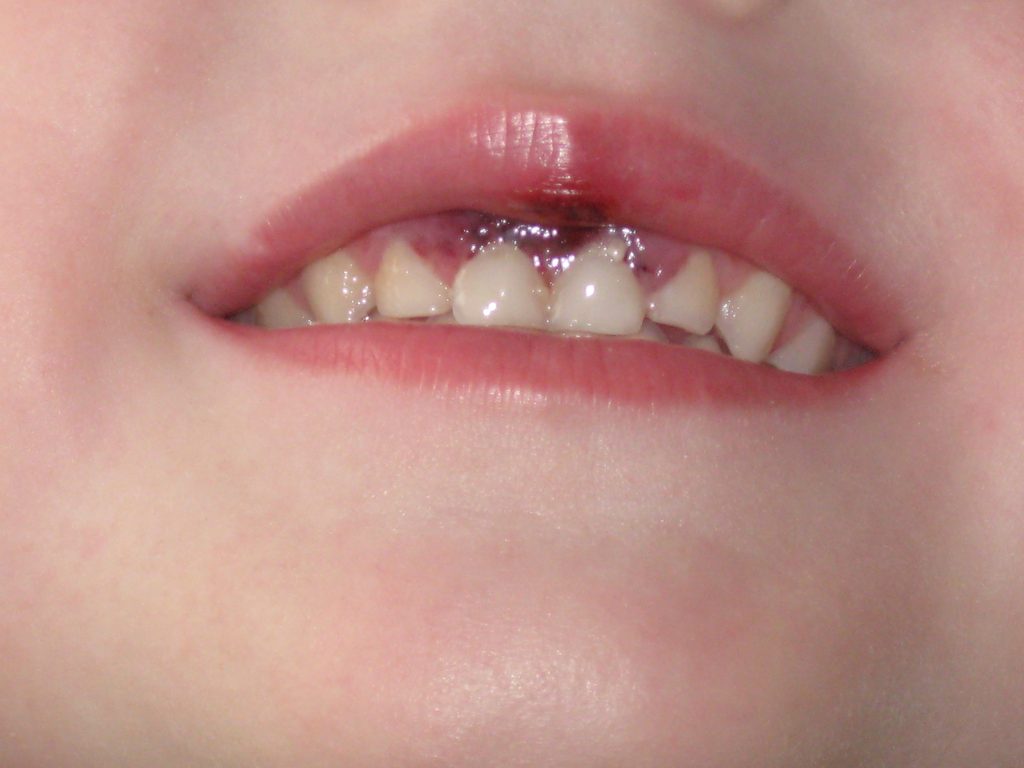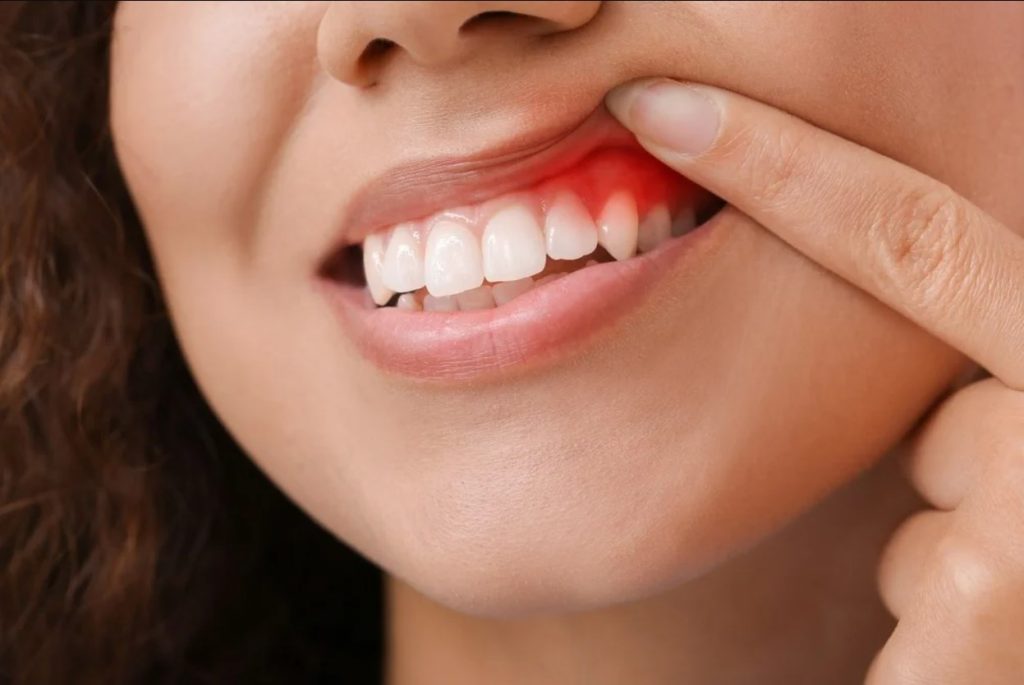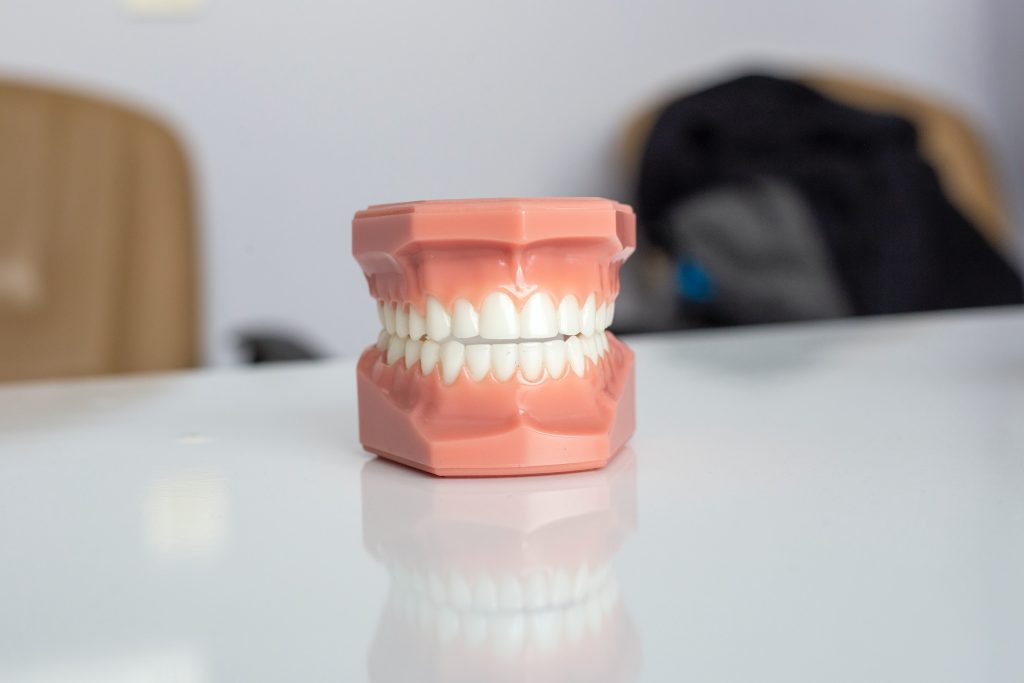People frequently undervalue the importance of oral health. They are unaware that dental health encompasses more than just having a cheerful, self-assured smile. It has a close connection to general health and wellbeing. Bad breath, tooth loss, and major illnesses including heart disease, stroke, diabetes, and even some types of cancer can all be consequences of poor dental health.
These issues may seem minor in the short-term but they can affect your life in the far future where your appearance, self-confidence, and health. With the variety of dental issues that can occur, determining the most frequent dental problems and how to avoid them is the first step in keeping good dental health.
Overview of Common Dental Issues
Contents
Dental problems are unfortunately common and can occur for a wide range of reasons. Some people may experience minor issues such as bad breath or tooth sensitivity, while others may suffer from more serious problems such as cavities, tooth decay, gum disease, oral cancer, and even bruised gums.

Yes, bruised gums are an issue many might not consider a major concern. But, like any other dental issue, they too demand and deserve our attention.
Understanding Bruised Gums
Gums that have been hurt or traumatised, making them appear bruised or discoloured, are what is meant by the term “bruised gums.” Numerous activities, including aggressive brushing, flossing, or something as easy as biting down on a hard piece of food, might trigger this.
The back of the gums can pain, which is a common complaint from many people and a sign of bruised gums. Since the gums frequently appear deeper in colour, swollen, or painful to the touch, these are frequently simple to detect.

While it can be a cause for concern, you will find relief in the fact that bruised gums will not lead to any disease that is worse for your dental health. Although, you will find that you will need to address the initial cause of the bruised gums as what caused it will take precedence. Furthermore, according to the cause and severity, bruised gums can be treated at home with ice packs and over-the-counter painkillers, or if they are severe, they can be treated by a dentist.
Gingivitis: Causes and Symptoms
The first stage of gum disease, gingivitis, is another highly typical dental problem. Plaque accumulation on the teeth, which may result in gum irritation, is the cause of it. If you’ve ever searched for images of gingivitis, you know that this condition can cause bleeding when brushing or flossing and can make the gums appear red and swollen.
The back of your gums may occasionally hurt in addition to the pain caused by gingivitis. Although gingivitis is a mild form of gum disease, it can develop into periodontitis, a more serious illness that can eventually result in tooth loss if untreated.

Periodontitis is a serious gum disease that destroys the soft tissue that is around the teeth. Furthermore, if still left untreated, this disease can also destroy the bone that destroys your teeth as well. When this happens, your teeth will start to loosen and can lead to loss of teeth. This marks the importance of taking care of your teeth so that Gingivitis would not even happen at all.
Preventing Common Dental Issues
The good news is that many of these typical dental problems, such as gingivitis and bruising of the gums, can be avoided by practising basic oral hygiene. Plaque can be removed and gum disease prevented by using mouthwash, flossing, a soft-bristle toothbrush, and fluoride toothpaste on a regular basis.
On top of that, it will be necessary to learn how to brush properly as well. This means that taking the time and effort to learn how to brush and how long to do it for may seem tedious but it will help you in the long run.

Dental health can also be significantly influenced by dietary changes, such as cutting back on sugar intake. Additionally, regular dental exams are essential. It’s crucial to pay attention to your body. If your symptoms worsen or continue, such as if the back of your gums pain for a long time, take note of this advice. Ignoring it could cause a minor problem to become big, needing complicated and sometimes expensive remedies.
When to Seek Professional Help
While many minor dental issues can be managed at home, there are certain symptoms that warrant a visit to the dentist. If you’re experiencing severe pain, persistent bad breath, loose teeth, or visible changes such as bruised gums, it’s time to book an appointment.
Prevention is the best medicine so regular check-ups are essential so your dentist can spot potential issues early, especially those like bruised gums and gum diseases which might progress silently. Dental professionals can offer expert advice and treatments to manage these issues and keep your teeth and gums healthy.

Dental health is of utmost importance and is intricately related to our overall health. Understanding common dental issues, their causes, symptoms and prevention can help individuals maintain optimal dental health. Becoming familiar with conditions like bruised gums and the discomfort when the back of the gums hurt ensures we do not dismiss such symptoms as minor inconveniences.
By adopting good oral hygiene practices, paying attention to our bodies, and seeking professional help when required, it is possible to keep common dental issues at bay. Remember, every big thing starts small, and early detection and prevention is the key to oral health.
New innovations are constantly coming out, especially in the US, where Zest Dental Solutions recently introduced its ENCOMPASS product that aims to simplify the overdenture treatment process for patients. By incorporating digital technology with high-quality dentures, patients are able to feel far more comfortable than with regular dentures. Just another example of Dental Tech!

